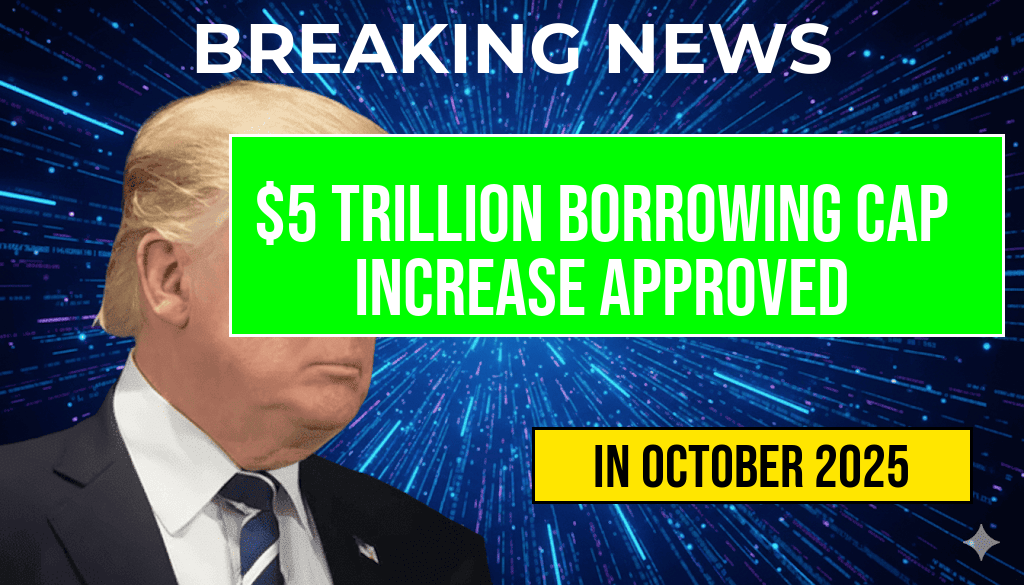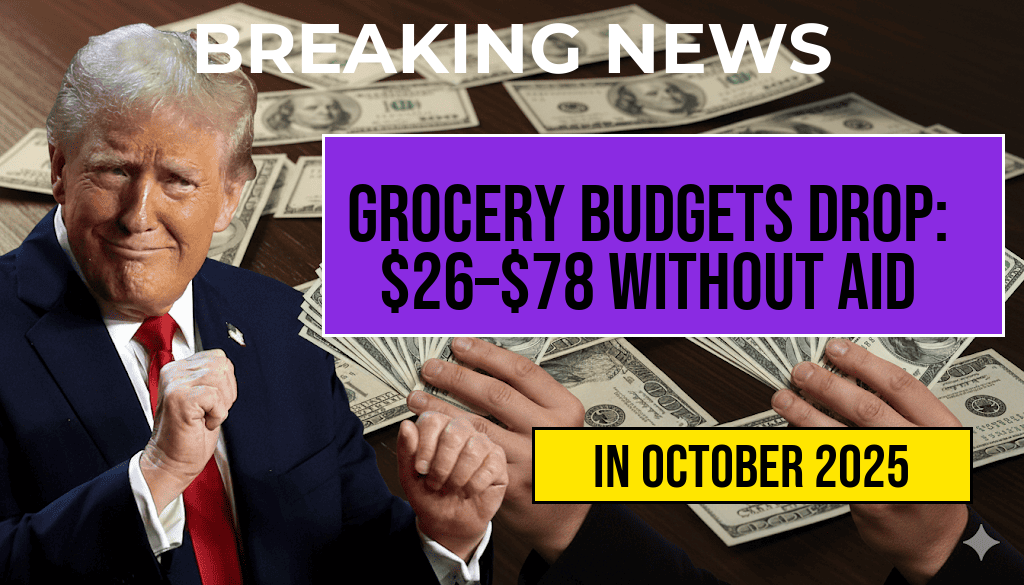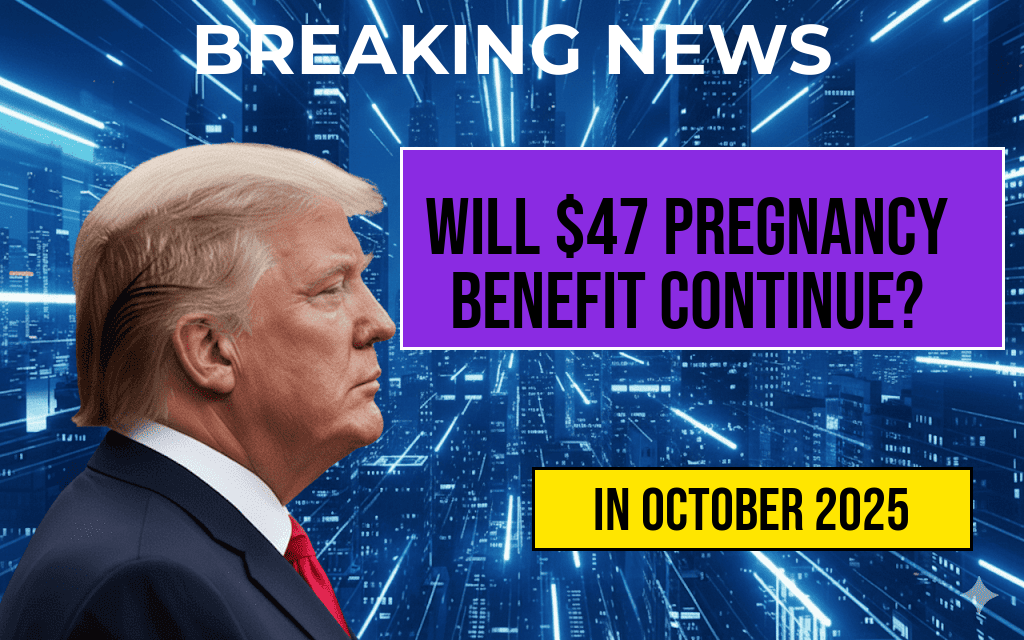In a landmark decision that is expected to reverberate throughout the financial landscape, the U.S. Congress has approved a substantial increase in the federal borrowing cap by $5 trillion. This move comes at a time when the government is grappling with soaring debt levels and economic uncertainty. The implications of this decision are far-reaching, particularly for retirement savers who have a vested interest in the stability of the economy. With increased borrowing potentially influencing inflation rates and interest rates, many are left wondering how this will affect their 401(k)
Understanding the Borrowing Cap Increase
The borrowing cap, also known as the debt ceiling, is a legislative limit on the amount of national debt that can be incurred by the U.S. Treasury. This increase, which raises the ceiling to an unprecedented level, is seen as necessary to prevent a government shutdown and ensure that the federal government can meet its financial obligations. Failure to raise the borrowing limit could have catastrophic consequences, including a potential default on government bonds.
Potential Impacts on Inflation and Interest Rates
One of the most pressing concerns surrounding the increase in the borrowing cap is its potential impact on inflation and interest rates. As the government borrows more, the increased supply of money in the economy can lead to inflationary pressures. Higher inflation typically results in rising interest rates as the Federal Reserve attempts to manage economic stability.
- Inflation Concerns: If inflation rises significantly, it can erode purchasing power, impacting consumers and savers alike.
- Interest Rate Hikes: Higher interest rates make borrowing more expensive, affecting everything from mortgages to auto loans.
- Investment Returns: Increased borrowing and inflation can lead to volatility in the stock market, impacting 401(k) account balances.
The Effect on 401(k) Plans
For individuals saving for retirement, understanding how these macroeconomic changes may affect 401(k)
Market Volatility
The stock market tends to react to economic signals, including changes in government borrowing levels. Increased borrowing could lead to short-term market volatility, impacting the values of stocks and mutual funds within retirement accounts.
Long-Term Investment Strategies
Long-term investors may need to reassess their investment strategies in light of potential inflation. Stocks that typically perform well in inflationary environments, such as commodities and real estate, might be worth considering. On the other hand, fixed-income investments may struggle.
Contribution Limits and Employer Match
As economic conditions change, individuals should also keep an eye on contribution limits to 401(k)
Expert Opinions on Navigating the New Landscape
Financial experts are weighing in on how individuals can best prepare for the potential impacts of the increased borrowing cap. Here are some tips:
- Diversify Investments: Consider diversifying your portfolio to include a mix of asset classes that can withstand inflation.
- Stay Informed: Keep abreast of economic updates and Federal Reserve announcements that could signal changes in interest rates.
- Consult a Financial Advisor: It’s wise to consult with a financial advisor who can provide personalized guidance based on your unique financial situation.
Conclusion
The approval of a $5 trillion increase in the federal borrowing cap carries significant implications for the economy and individual retirement savers. As inflation and interest rates potentially rise in response to this decision, 401(k) holders must stay informed and proactive in managing their investments. Adapting to these changes will be essential for protecting retirement savings and ensuring a secure financial future.
For more information on retirement planning and economic trends, visit Forbes and Wikipedia.
Frequently Asked Questions
What does the $5 trillion borrowing cap increase mean for my 401(k)?
The approved borrowing cap increase of $5 trillion could impact your 401(k) investments by influencing market conditions, as increased government borrowing may lead to changes in interest rates and economic stability.
How might the increase in the borrowing cap affect interest rates?
As the government borrows more, it can potentially lead to higher interest rates if the demand for credit increases, which can in turn affect the returns on your 401(k) investments.
Should I adjust my investment strategy in light of this borrowing cap increase?
It may be wise to review your investment strategy in your 401(k) to account for potential market volatility and changes in interest rates resulting from the increased borrowing cap.
Are there any immediate risks to my 401(k) from this decision?
While the borrowing cap increase itself may not pose immediate risks, it could contribute to market volatility and uncertainty, which may indirectly affect your 401(k) performance.
What should I do if I’m concerned about my 401(k) due to this news?
If you’re concerned about your 401(k) in light of the borrowing cap increase, consider consulting a financial advisor to discuss potential adjustments and to ensure your portfolio aligns with your long-term goals.






